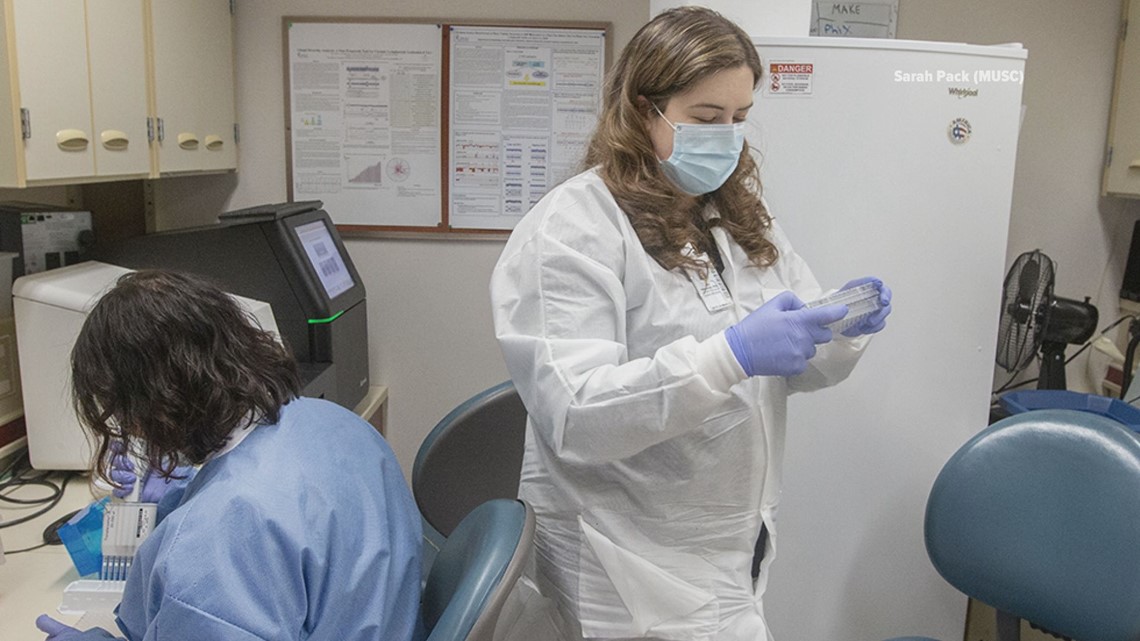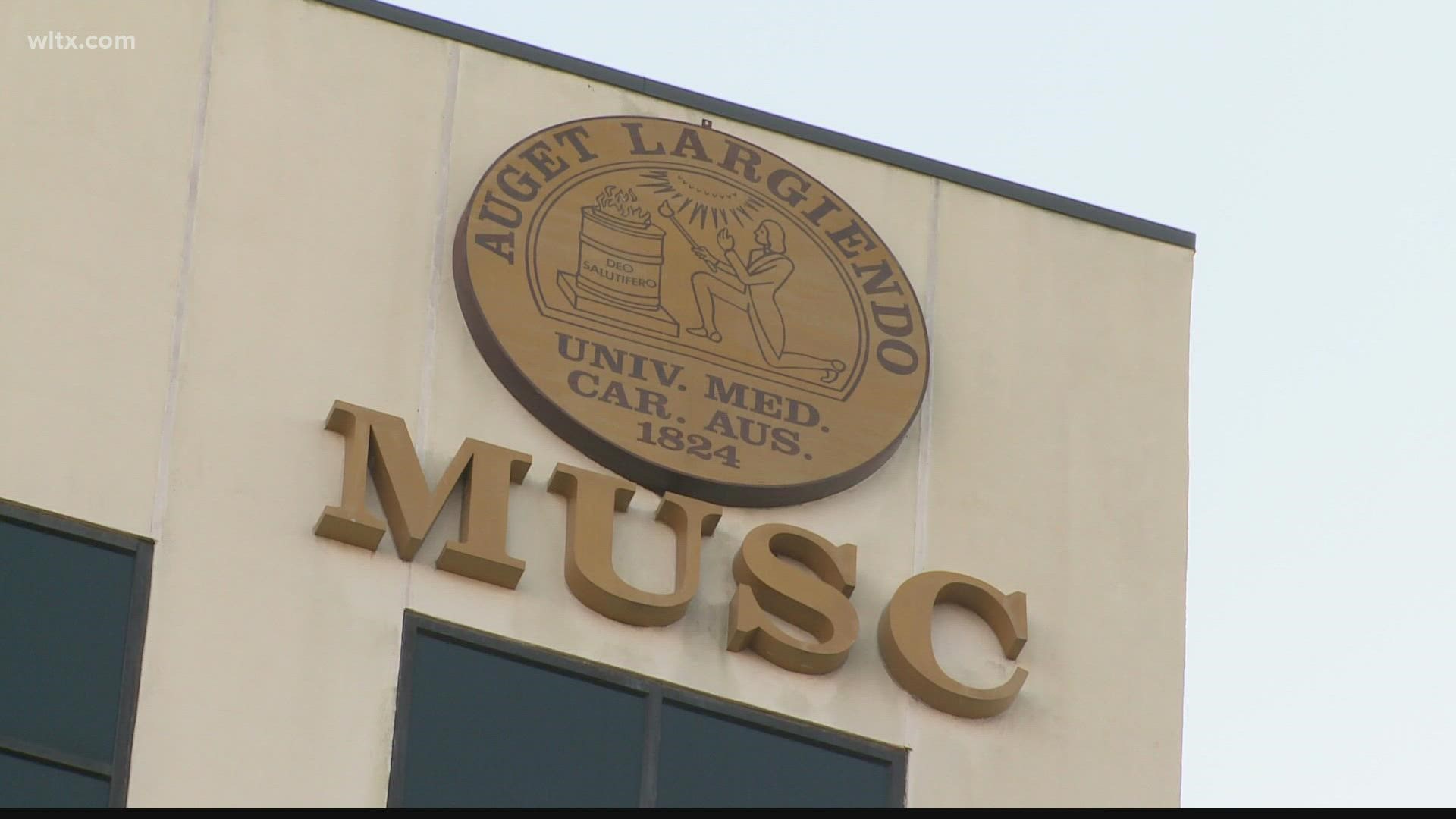CHARLESTON, S.C. — As the Delta variant of COVID-19 continues to spread, the virus continues to mutate.
Scientists at the Medical University of South Carolina are taking a closer look at these mutations. Their findings are shared with researchers around the world.
Dr. Julie Hirschhorn, Director of MUSC's Molecular Pathology Laboratory, is part of a team studying COVID-positive cases in the Palmetto State.
Through a process called "sequencing", the team examines the virus to identify which variants are in our community.
"99% of the samples we sequenced throughout August were all Delta and it was over 300 samples," said Hirschhorn.
The more cases we have, the more opportunity the virus has to mutate. Hirschhorn says her team is discovering more versions of Delta each week.


"Last week I think there were 12 and this week there were 31," she explained. "The virus loves to mutate."
In their research, MUSC scientists are making sure our current COVID testing is properly identifying variants.
They're also looking at how the virus changes with new mutations and how these small differences can make a big impact on the body.
"There's always a possibility that something will mutate that may end up making something that's even more transmissible than Delta," said Hirschhorn.
Doctors say the best way to prevent these new variants from existing is to stop the spread of COVID-19 through vaccinations and by practicing safety protocols like masking, frequent handwashing and social distancing.
MUSC's findings on the Delta mutations are posted on an international database, meaning scientists across the globe can use the information to track variants in their own communities and prepare for what could come in the future.

